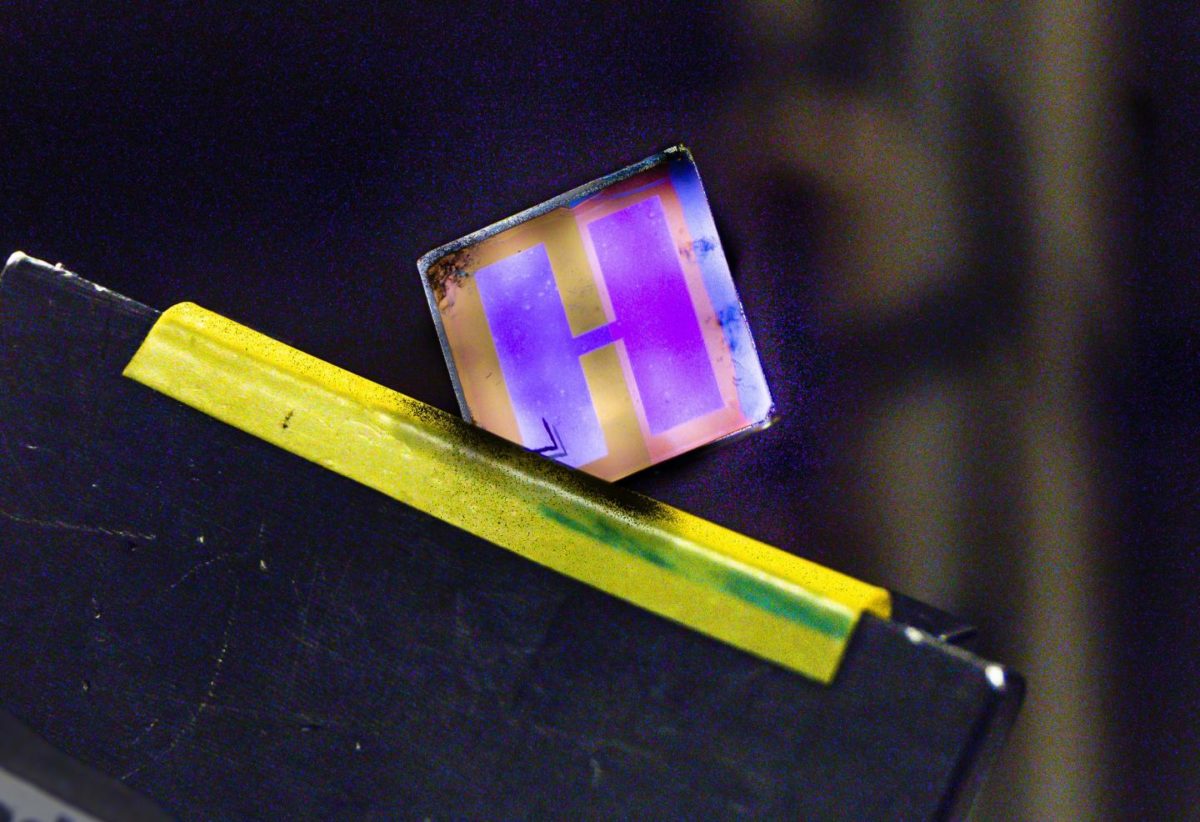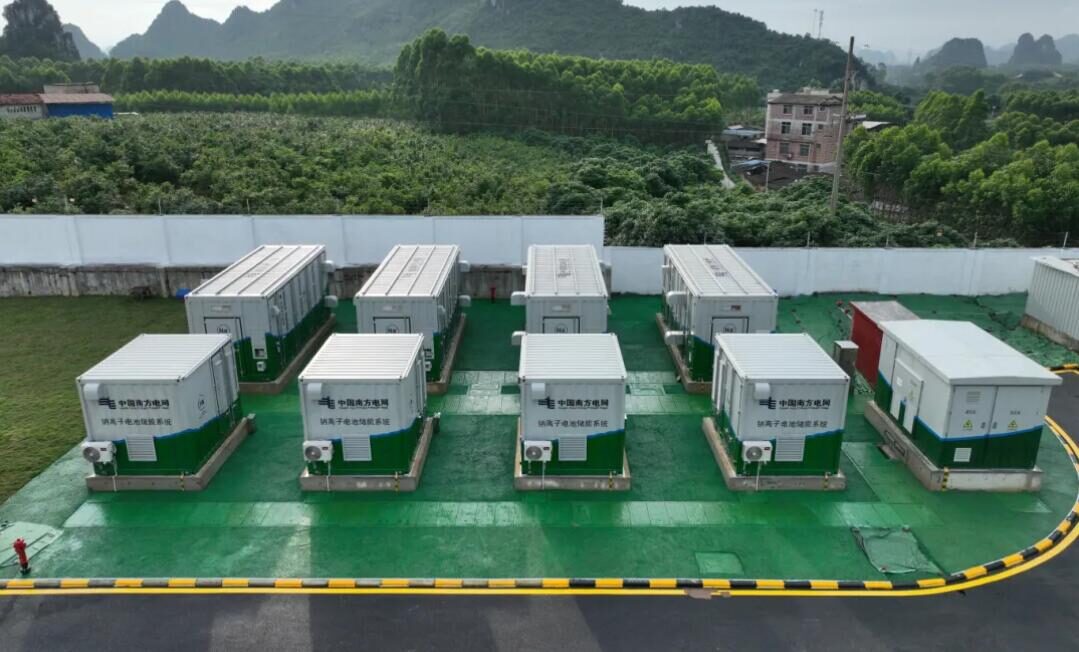Scientists from Sweden’s Linköping University and the Chinese Academy of Sciences claim to have developed an organic solar cell that can convert ambient indoor light into electricity.
The researchers say the device could have various internet of things-related applications in household devices. According to the scientists, the cell could power sensors to detect and measure moisture, particle concentrations, temperature and other parameters in indoor environments.
The small PV device is based on an active layer made of a new combination of donor and wide-gap non-fullerene materials. “The combination absorbs exactly the wavelengths of light that surround us in our living rooms, at the library and in the supermarket,” stated the researchers in a press release announcing the development.
Efficiency
Two variants of the cell are available, one with an area of 1 cm² and another one with a surface of 4 cm². According to the researchers, when the smaller cell was hit by ambient light at an intensity of 1,000 lux, around 26.1% of the energy of the light was converted to electricity. The scientists also observed the cell provided high voltage of above 1 V for more than 1,000 hours in ambient light varying between 200 and 1,000 lux. The larger cell, they said, maintained energy efficiency of 23%.
“We are confident that the efficiency of organic solar cells will be further improved for ambient light applications in coming years because there is still a large room for optimization of the materials used in this work,” said Jianhui Hou, co-author of the study.
Research into organic PV has driven several recent studies, including papers produced by Russia’s Skolkovo Institute of Science and Technology, the U.S. Department of Energy’s Lawrence Berkeley Laboratory and the University of Birmingham, in the U.K., alongside researchers from the University of Utrecht.
This content is protected by copyright and may not be reused. If you want to cooperate with us and would like to reuse some of our content, please contact: editors@pv-magazine.com.




1 comment
By submitting this form you agree to pv magazine using your data for the purposes of publishing your comment.
Your personal data will only be disclosed or otherwise transmitted to third parties for the purposes of spam filtering or if this is necessary for technical maintenance of the website. Any other transfer to third parties will not take place unless this is justified on the basis of applicable data protection regulations or if pv magazine is legally obliged to do so.
You may revoke this consent at any time with effect for the future, in which case your personal data will be deleted immediately. Otherwise, your data will be deleted if pv magazine has processed your request or the purpose of data storage is fulfilled.
Further information on data privacy can be found in our Data Protection Policy.